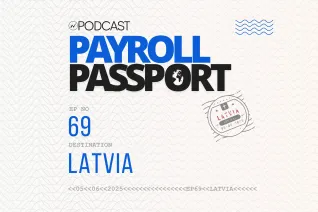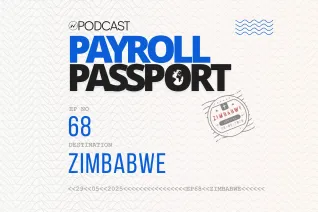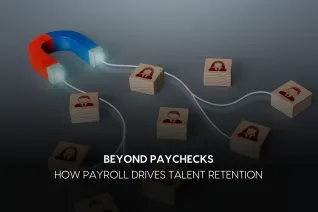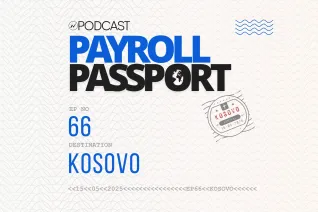Country Spotlight: Employer of Record in South Korea
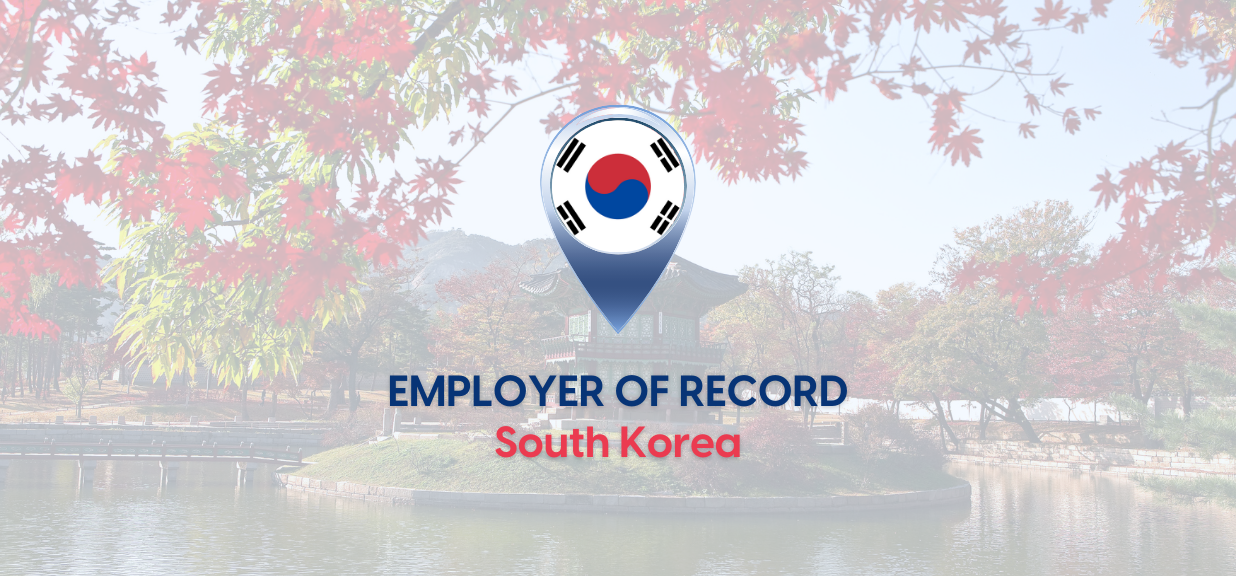
Ever wondered how a country famous for K-pop and kimchi could also be a hotbed for global business? Seoul, home to global giants like Samsung, LG, Hyundai, and Kia, generates over 20% of the nation's GDP. This economic hub seamlessly blends tradition with cutting-edge innovation. While South Korea offers immense business potential, navigating the country's complex employment laws can be challenging, especially without a local entity.
That's where an Employer of Record (EOR) steps in, making your expansion into South Korea much smoother. Acting as a bridge, an EOR simplifies the process, ensuring your business aligns with local regulations.
Why Choose Dynamic South Korea?
South Korea offers vibrant urban life, rich cultural heritage, and a dynamic food scene, making it an appealing destination for tourists and businesses. Despite its small size, the country boasts a dense population and a diverse, innovative workforce. With a strong focus on education, especially in STEM fields, South Korea produces a highly-skilled, tech-savvy workforce ready to tackle contemporary challenges. The flexibility for students to work while studying highlights the nation's commitment to education and work-life balance, attracting young talent and businesses alike.
If that's not convincing enough, South Korea's economic strength is also evident in its GDP and innovation-driven industries, from electronics and automobiles to telecommunications and shipbuilding. Its export-oriented economy and specialized workforce make it an attractive hub for global businesses looking to expand.
ALSO READ: South Korea: A Guideline to Payroll and Employer of Record
Legal and Regulatory Landscape in South Korea
Understanding South Korea's legal framework is crucial for businesses planning to expand. Regulations are primarily in Korean, which can be challenging for foreign companies. Here’s a quick overview to help you navigate:
Taxation
South Korea's comprehensive tax system can be challenging for foreigners to navigate. It includes intricate global income tax filing requirements for non-residents. While the National Tax Service provides multilingual guides, the system's complexity often necessitates expert assistance.
The tax code includes various deductions and credits, particularly for families with children. These are subject to specific age restrictions and can vary based on family size. The filing process occurs within a strict annual timeframe, adding pressure to ensure accurate and timely submissions.
Without local expertise, foreign individuals and businesses may find it difficult to fully comprehend and comply with these nuanced tax regulations, potentially missing out on benefits or risking non-compliance.
Data Protection and Privacy
South Korea enforces strict data protection laws, like the Personal Information Protection Act (PIPA), crucial for companies handling customer data. Non-compliance can lead to severe penalties, including fines of up to KRW 500 million for violations related to resident registration numbers and up to 3% of sales for PIPA breaches.
Employers must retain personal data only as long as necessary and ensure it is appropriately destroyed once it is no longer needed. This regulatory environment underscores the importance of robust data protection practices for businesses operating in South Korea.
ALSO READ: Global Data Protection: Centralized Security vs Local Data Sovereignty
Employment Law
South Korea's employment laws are comprehensive and designed to protect workers' rights and ensure fair treatment. However, they can be challenging for foreign businesses to navigate. The system includes intricate regulations for National Health Insurance and Employment Insurance contributions, with varying limits and rates based on factors such as compensation levels and workforce size. These contributions involve both employer and employee portions, adding to the complexity.
The regulations are highly specific, with precise thresholds and sliding scales that can be difficult to interpret without local expertise. Non-compliance can lead to significant penalties, including fines up to KRW 30 million for failing to comply with orders from the Labor Relations Commission.
This complex framework necessitates meticulous attention to detail and a thorough understanding of local labor laws. Managing these intricacies can be particularly challenging for foreign companies, especially those without a local presence, underscoring the importance of expert guidance or partnerships with local entities familiar with the nuances of South Korean employment regulations.
Get Started with Neeyamo; Streamline Your South Korean Business Operations with EOR
Partnering with an Employer of Record (EOR) like Neeyamo can simplify your business operations in South Korea. Hee’s how Neeyamo can help:
- Compliance Management: Ensures adherence to South Korea's labor laws, handling employee registration, employment insurance, and tax filings.
- Payroll Processing: Provides efficient payroll processing specific to South Korean requirements, ensuring timely and accurate payments.
- Local Expertise: Offers valuable insights and guidance on navigating the South Korean market.
- Employment Taxes and Contributions: Manages South Korean employment taxes, levies, contributions, and benefits administration.
- Employee and Contractor Payments: Facilitates payments in KRW, ensuring seamless financial transactions.
- Accurate Classification: Helps classify employees and contractors correctly to avoid penalties.
- Intellectual Property Protection: Secures rights to intellectual property produced by your remote workers.
Expanding your business to South Korea can be a seamless experience with the right partner. Neeyamo offers comprehensive Global Work services tailored to meet your needs, ensuring compliance and operational efficiency. For more information on how Neeyamo can assist with your global expansion, write to irene.jones@neeyamo.com.
Latest Resources
Stay informed with latest updates
If you're curious and have a thirst for knowledge pertaining to the HR, payroll, and EOR universe, don't miss out on subscribing to our resources.




